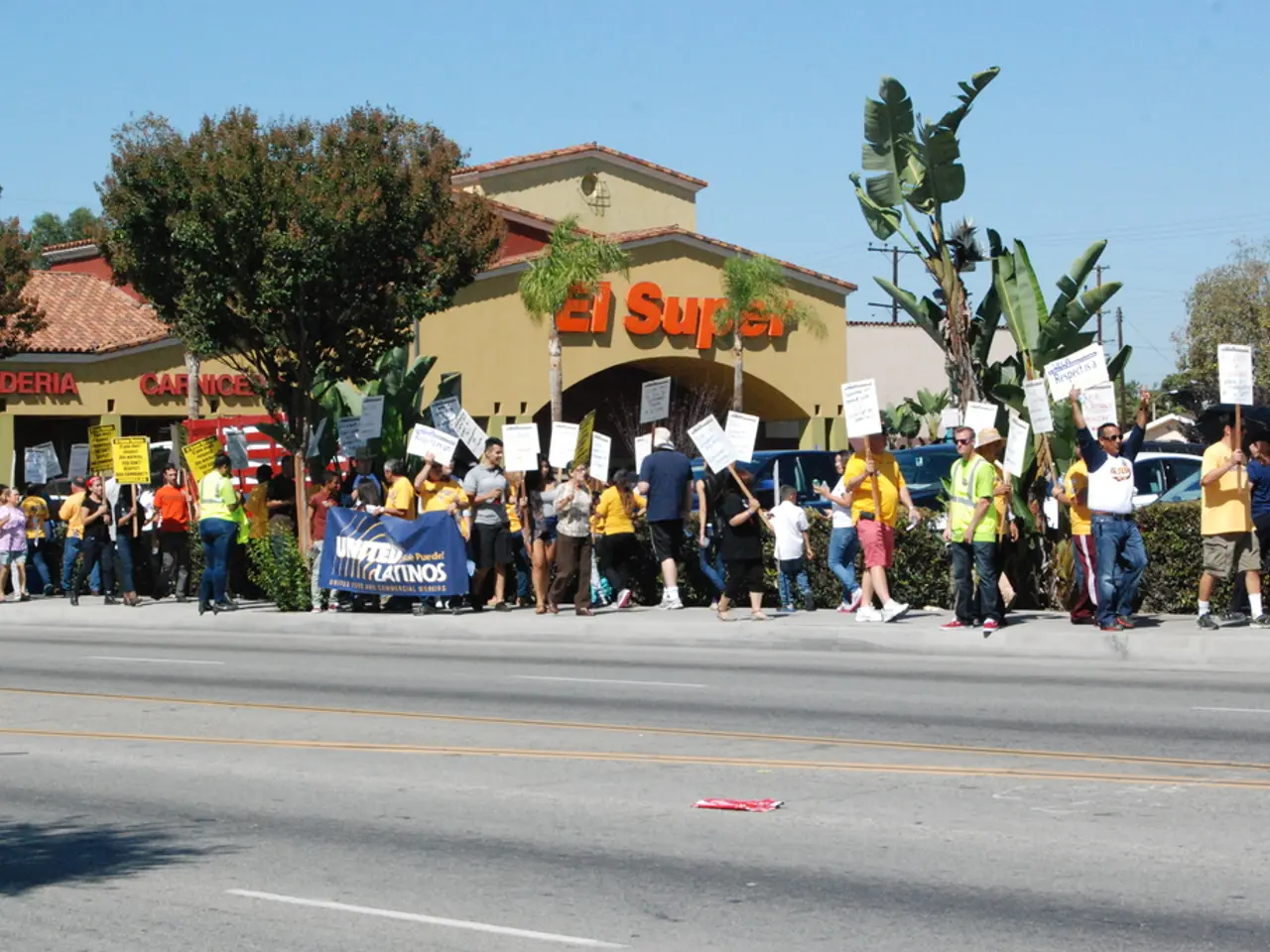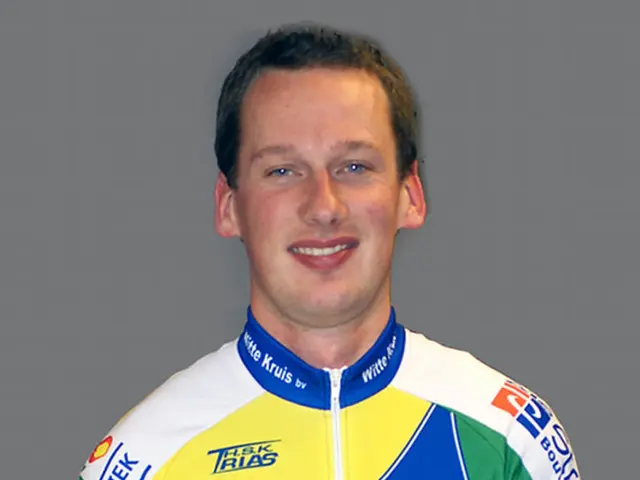Over 421 inhabitants of Dortmund expressed their desire for the May 14th elections to the Landtag, ensuring that all votes were to be physically produced.
North Rhine-Westphalia State Election: Key Details and Preparations
Preparations for the upcoming state parliament election in North Rhine-Westphalia are well underway, with 31 parties set to compete in the polls. Here's a rundown of the essential facts about the election, including the number of parties, polling stations, and the roles of election helpers.
Participating Parties and Candidates
Voters in Dortmund will have a choice between 31 parties on the state list, with the number of direct candidates varying per electoral district. However, not all parties have candidates in all electoral districts due to a lack of candidates or insufficient supporting signatures.
Polling Stations and Postal Voting
The number of polling stations has been increased from 302 to 386 (in 272 buildings) to accommodate the increased population of Dortmund and the new building areas, with 120 postal voting districts. The postal voting office is located in the Dortmund town hall for the first time, ensuring a more efficient process. Quick handling of postal voting is essential to ensure validity, as around 200 letters arrived only on the Monday after the last election and were thus invalid.
More than 40,000 voters have already applied for postal voting, making it crucial to maintain a smooth and efficient process. Eligibility to become an election helper includes being eligible to vote in the respective election, living in Dortmund since April 28, and being at least 18 years old and German in the sense of the Basic Law. Despite 400 cancellations, interested parties can still register as election helpers.
Election Procedure
The polling stations will close as usual at 6 pm, and the second votes (for parties and their state lists) will be counted first, followed by the first votes (for direct candidates). The counting should be finished around 9.30 pm, with the first results of the second votes available between 7 and 7.30 pm and an overview of the election of the direct candidates around 9 pm.
Election Department and Venue
The move of election department colleagues within the former AOK building has been smooth and not negatively affected the preparation of the state election. The election parties will be held on the 1st floor of the town hall, but it is yet to be decided if there will be a public election party. Security considerations and the experiences of election night 2014 will play a major role in the decision about a public election party.
Reprinting of Ballot Papers
All ballot papers had to be reprinted due to one party's name being written smaller than the others to maintain the consistency and legibility of the ballot papers.
Historical Context
Looking back at the past, tumultuous scenes in front of the town hall in 2014 occurred when neo-Nazis wanted to enter the town hall to celebrate the election of a member to the council, resulting in injured people, a large police operation, and numerous court cases. This historical context will undoubtedly play a role in the security measures implemented for the upcoming election.
In conclusion, the state parliament election in North Rhine-Westphalia is approaching, and the preparations are in full swing. With 31 parties competing, increased polling stations, and the implementation of new measures to ensure a smooth and secure process, voters can look forward to exercising their democratic rights on Mother's Day.
Read also:
- United States tariffs pose a threat to India, necessitating the recruitment of adept negotiators or strategists, similar to those who had influenced Trump's decisions.
- Weekly happenings in the German Federal Parliament (Bundestag)
- Southwest region's most popular posts, accompanied by an inquiry:
- Discussion between Putin and Trump in Alaska could potentially overshadow Ukraine's concerns






